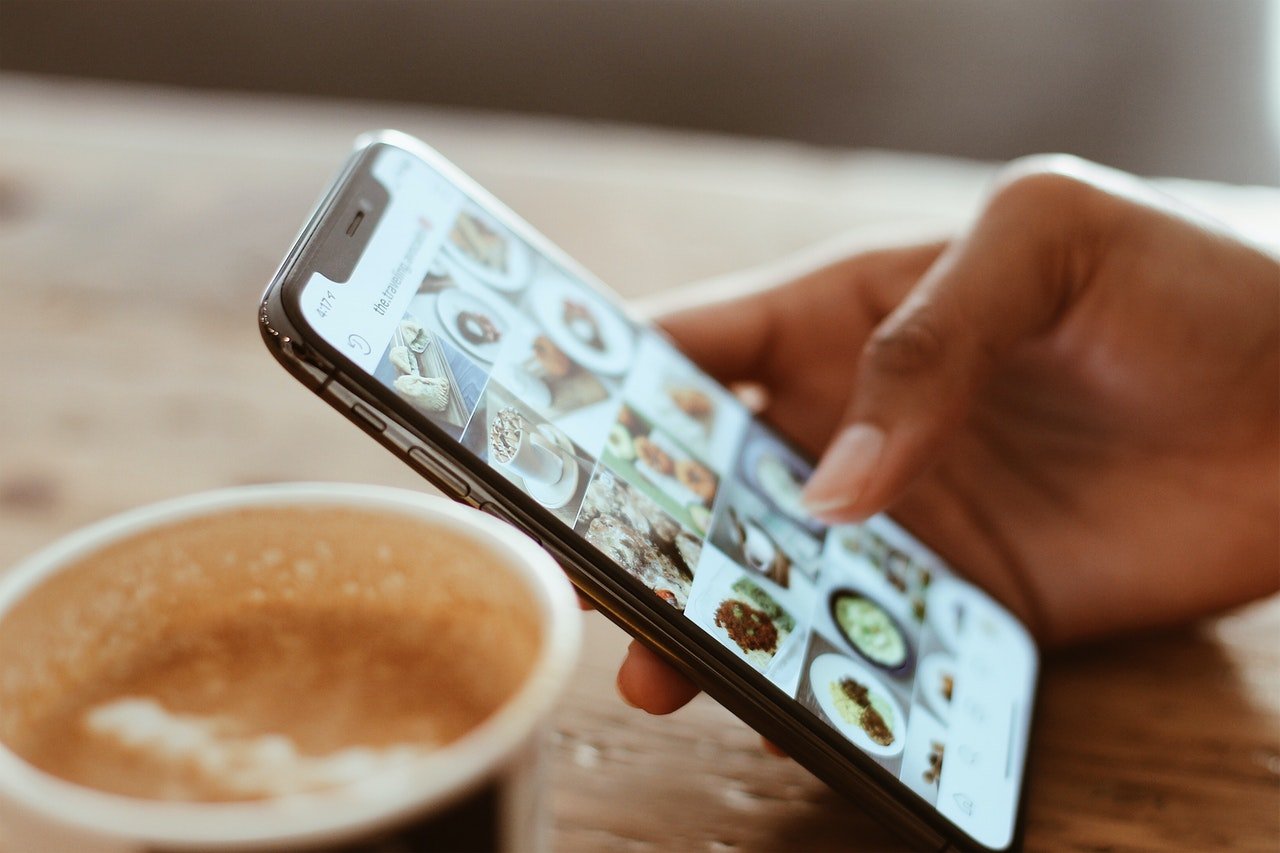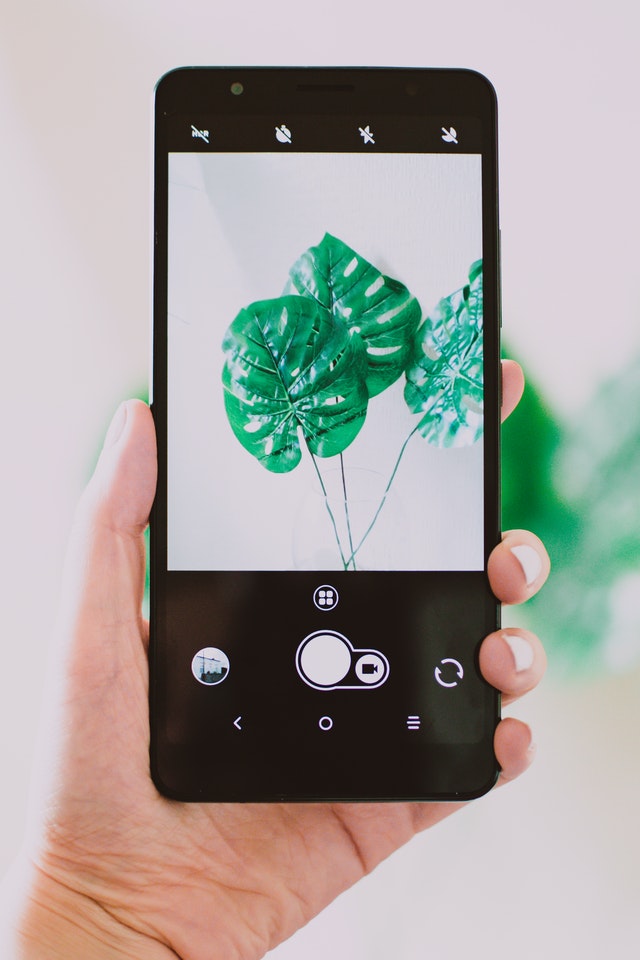
Social media has become an integral part of our lives. While it may seem harmless at first, spending too much time on social networks can have negative effects on our mental and physical health. So how much time is considered healthy?
Experts have recommended 30 minutes or less per day as the maximum time you should spend on social media. According to a 2018 study published in the Journal of Social and Clinical Psychology, limiting use to 30 minutes a day can lead to better health outcomes.In addition to monitoring the total time you spend on social media each day, you should also evaluate why you’re spending time on social media.

Social media addiction
Social media addiction is a real phenomenon that affects millions of people worldwide. It involves compulsive and excessive use of social networking platforms, leading to negative consequences such as anxiety, depression, sleep disorders and decreased productivity.
The addictive nature of social media can be attributed to several factors, including the instant gratification and validation it offers through likes and comments. The fear of missing out (FOMO) also plays a significant role in keeping users hooked on these platforms, as they feel compelled to stay up-to-date with their friends’ lives and online trends.
Moreover, the design features implemented by social networks are intentionally crafted to keep users engaged for longer periods. Endless scrolling feeds, notifications alerts and autoplay videos are some examples that contribute to this problem.
While not everyone who uses social media is addicted, it’s important to recognize the signs if you suspect you may have an issue with overuse. By understanding what triggers your usage habits and setting boundaries for yourself accordingly – like limiting daily screen time or avoiding using digital devices before bed – you can take steps towards reducing your dependence on these platforms.
The Average Time Spent on Social Media
Do you ever wonder how much time people spend on social media? A recent study shows that the average person spends around two hours per day on social networks. That’s a lot of scrolling, liking, and commenting!
It’s not surprising considering how ubiquitous social media has become in our lives. From catching up with friends to getting news updates, it can be hard to tear ourselves away from our screens.
But is this amount of time healthy? It depends on who you ask. Some argue that as long as we’re still able to fulfill our daily responsibilities and maintain real-life relationships, there’s no harm in spending a couple of hours online.
Others say that even two hours is too much and can lead to addiction and negative effects like anxiety, depression, and sleep disturbances.
It comes down to finding balance. If you feel like your social media use is interfering with other areas of your life or causing distress, it may be time to reevaluate your habits and cut back.
How Much Time Is Too Much?
With social media being an integral part of our lives, it’s essential to question how much time is too much? While there is no definitive answer to this question, experts recommend limiting your daily use of social networks. Spending more than two hours per day on them can lead to negative consequences affecting both your physical and mental health.
The amount of time spent on social media varies from person to person. Some may be able to handle hours of scrolling without any problems, while others may start feeling anxious after only a few minutes. However, if you find yourself spending most of your free time on social networks instead of doing other things that bring you joy or fulfillment, it might be the right moment for a change.
Apart from wasting precious time that could have been used productively in personal or professional growth activities, excessive use can also lead to feelings of loneliness and isolation. These feelings are usually caused by comparing oneself with others who appear happier and more successful online than they really are in real life.
Therefore, finding balance when using social media platforms is crucial for maintaining good physical health and mental well-being as well as building healthy relationships offline.
The Negative Effects of Social Media Overuse
Overusing social media can have a range of negative effects on our mental health and wellbeing. One of the most common issues is that it can lead to feelings of loneliness, depression, and anxiety. Spending too much time browsing other people’s perfectly curated lives can easily make us feel inadequate or left out.
Another negative effect of social media overuse is that it can interfere with our ability to focus on important tasks. Constant notifications and distractions from our devices make it difficult to concentrate for long periods, which in turn affects productivity levels.
Moreover, being glued to social networks for hours at a time has been linked to poor sleep quality as well. The blue light emitted by electronic devices suppresses melatonin production in the brain, making it harder for us to fall asleep or stay asleep throughout the night.
Excessive use of social media has also been associated with physical health problems such as neck pain and eye strain due to prolonged screen time. It’s not uncommon for users who spend several hours scrolling through their feeds every day to develop these symptoms over time.
Although social media platforms offer many benefits when used responsibly and moderately; however when they become an addiction where people start losing control over their usage patterns this could lead towards various implications affecting both their mental & physical wellbeing ultimately leading towards an unhealthy lifestyle.
How to Limit Your Time on Social Networks
It’s clear that social media has become an integral part of our lives, but too much of anything is never a good thing. With the negative effects of overuse ranging from anxiety to addiction, it’s important to find ways to limit your time on social networks.
One effective way to do this is by setting goals and boundaries for yourself. Decide how much time you want to spend on social media each day and stick to it, even if it means using apps or tools that limit your access.
Another approach is to replace your social media habit with healthier activities such as exercise or spending time outdoors. Not only will this improve your overall well-being, but it will also give you a break from the constant noise and distractions of social networks.
Finding balance between staying connected and taking care of yourself should be the goal. By being mindful about your usage and making conscious choices about how you spend your time online, you can reap the benefits while avoiding the pitfalls of excessive social media use.

